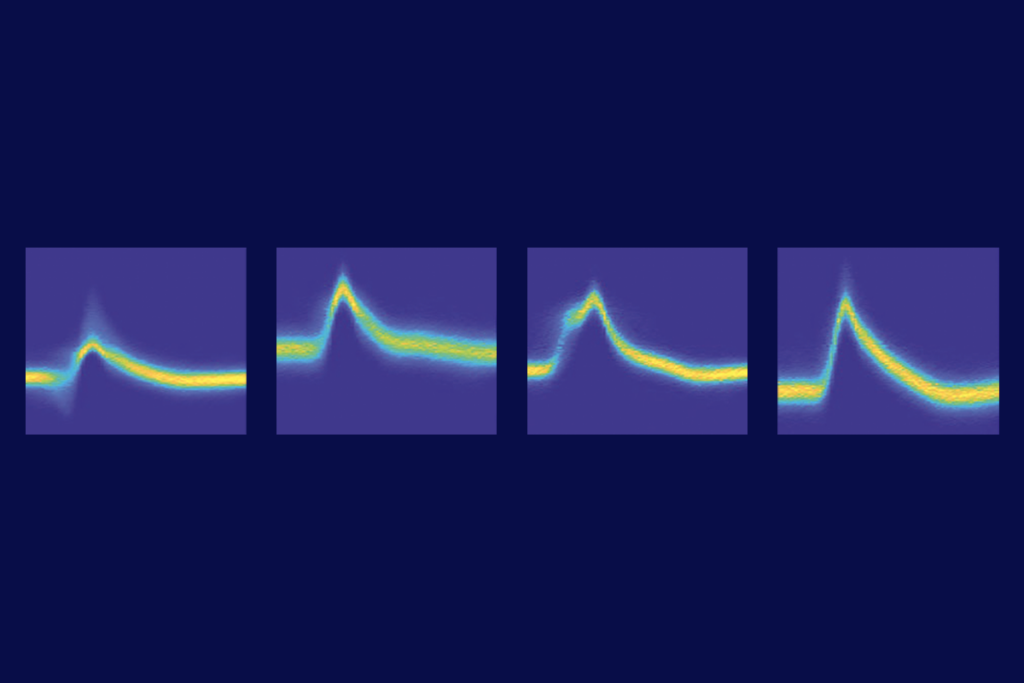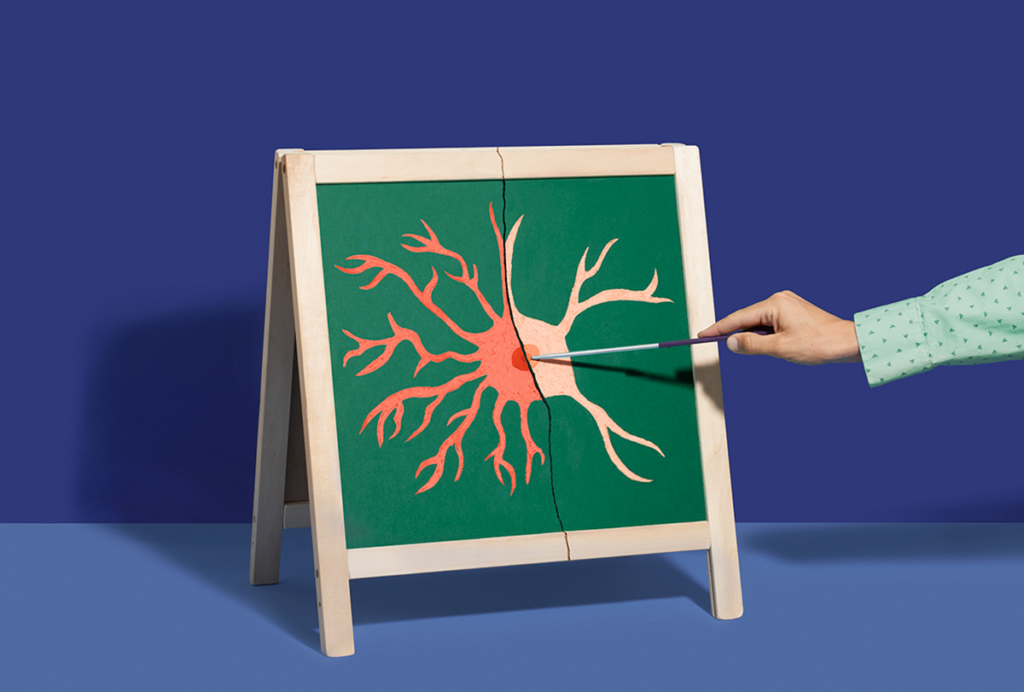ACS 2012
Recent articles
Mutations in both gene copies more common in autism
People with autism are twice as likely as controls to have mutations that disable both copies of a gene, according to preliminary research presented Wednesday at the Autism Consortium Research Symposium in Boston.

Mutations in both gene copies more common in autism
People with autism are twice as likely as controls to have mutations that disable both copies of a gene, according to preliminary research presented Wednesday at the Autism Consortium Research Symposium in Boston.
Autism Speaks launches scheme to develop drugs, devices
The research and advocacy organization Autism Speaks plans to launch a nonprofit arm that will fund companies to develop treatments for the disorder, Robert Ring, head of translational research for the organization, announced yesterday at the Autism Consortium Research Symposium in Boston.

Autism Speaks launches scheme to develop drugs, devices
The research and advocacy organization Autism Speaks plans to launch a nonprofit arm that will fund companies to develop treatments for the disorder, Robert Ring, head of translational research for the organization, announced yesterday at the Autism Consortium Research Symposium in Boston.
Explore more from The Transmitter
INSAR takes ‘intentional break’ from annual summer webinar series
The International Society for Autism Research cited a need to “thoughtfully reimagine” its popular online program before resuming it in 2026.

INSAR takes ‘intentional break’ from annual summer webinar series
The International Society for Autism Research cited a need to “thoughtfully reimagine” its popular online program before resuming it in 2026.
Null and Noteworthy: Neurons tracking sequences don’t fire in order
Instead, neurons encode the position of sequential items in working memory based on when they fire during ongoing brain wave oscillations—a finding that challenges a long-standing theory.

Null and Noteworthy: Neurons tracking sequences don’t fire in order
Instead, neurons encode the position of sequential items in working memory based on when they fire during ongoing brain wave oscillations—a finding that challenges a long-standing theory.
How to teach this paper: ‘Neurotoxic reactive astrocytes are induced by activated microglia,’ by Liddelow et al. (2017)
Shane Liddelow and his collaborators identified the factors that transform astrocytes from their helpful to harmful form. Their work is a great choice if you want to teach students about glial cell types, cell culture, gene expression or protein measurement.

How to teach this paper: ‘Neurotoxic reactive astrocytes are induced by activated microglia,’ by Liddelow et al. (2017)
Shane Liddelow and his collaborators identified the factors that transform astrocytes from their helpful to harmful form. Their work is a great choice if you want to teach students about glial cell types, cell culture, gene expression or protein measurement.